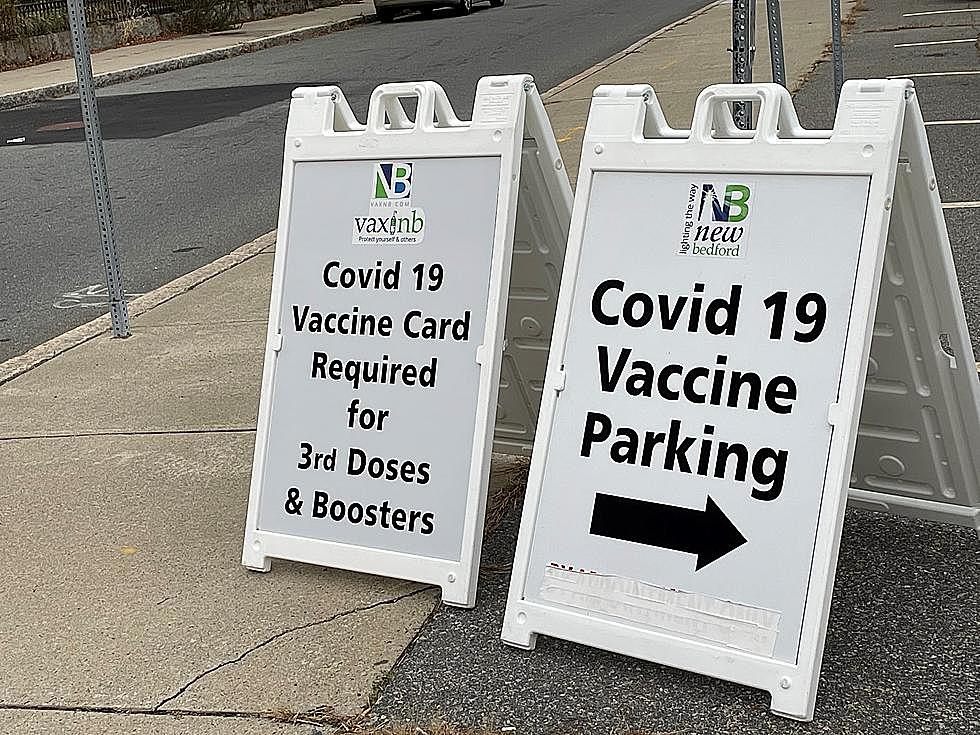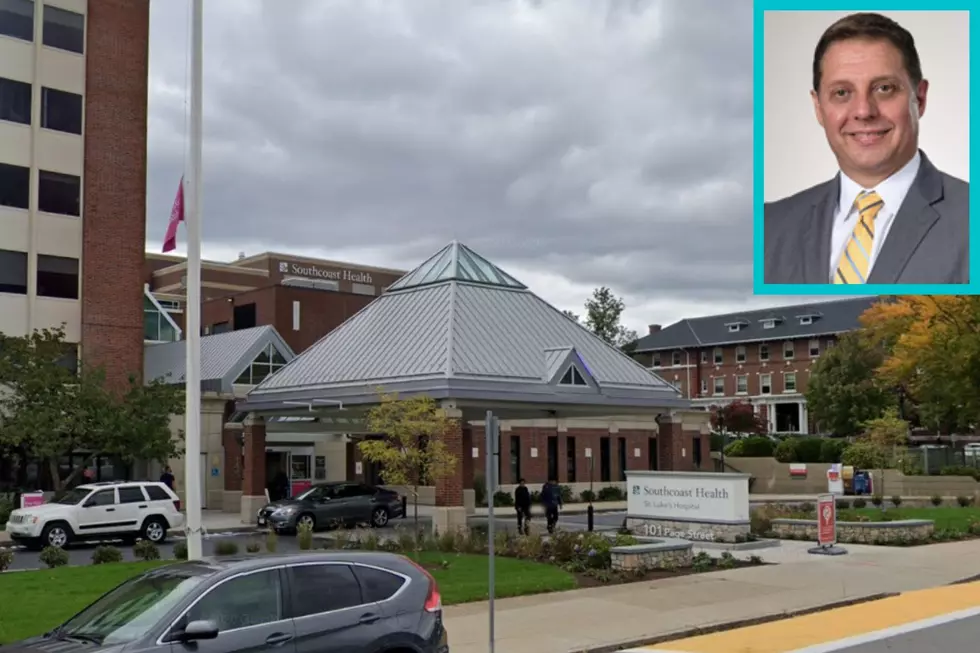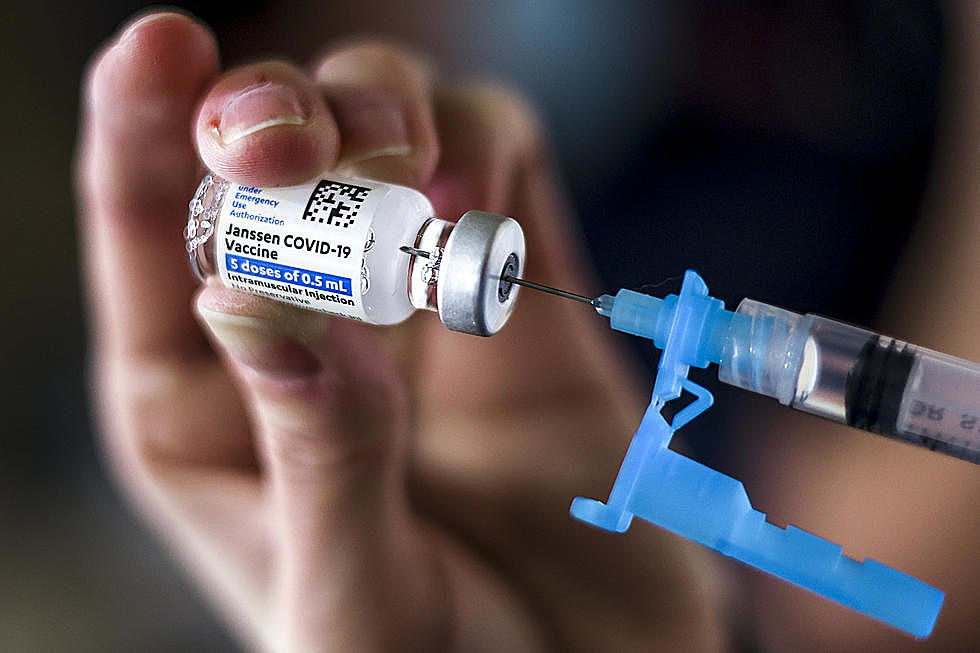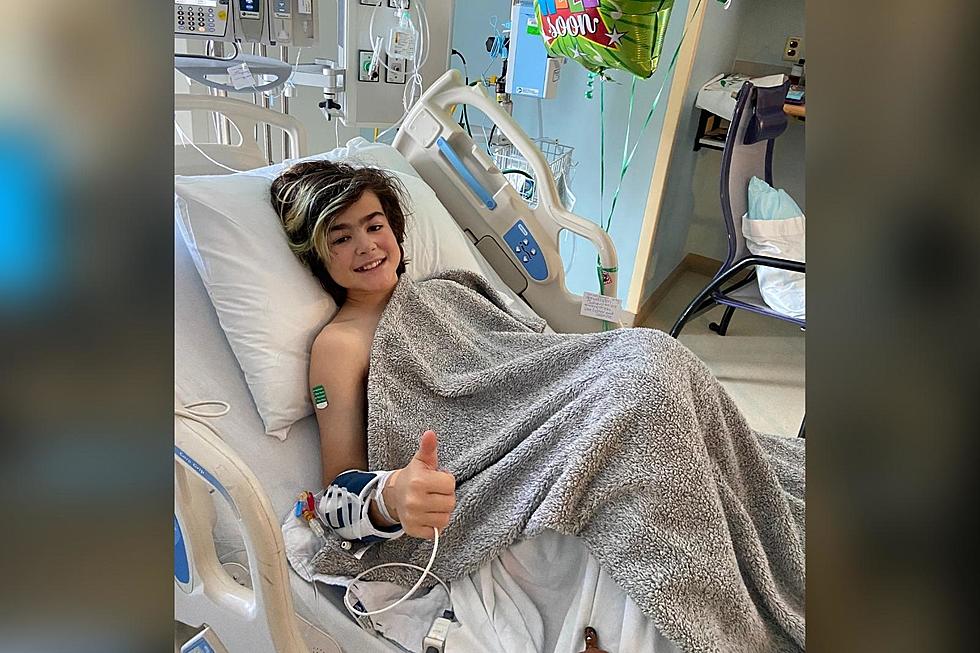
Southborough Mother Wants to Warn Parents About MIS-C Disease
If you don't know what the disorder Multisystem Inflammatory Syndrome in Children is, it's probably because it only attacks the heart, lungs, kidneys, brain, skin, eyes or gastrointestinal organs of three in 10,000 kids, about four to six weeks after they have contracted COVID-19.
The young, vibrant life of 11-year-old Julian Benoit of Southborough was in jeopardy, and his mother, Nia Benoit, wants to use Julian's MIS-C diagnosis to help warn other parents.
"Julian had COVID last September with essentially no symptoms, except for a runny nose, one day. He was quarantined, after which he was fine. He went back to school and sports, and everything was normal," she said. "But a month later, he developed a fever we couldn't bring down with medication. Literally, within hours, Julian was suffering from a loss of memory – he couldn't remember his own name, or his birthday, and was talking gibberish."

Benoit knew she had to act fast.
"I thought he might be having a stroke, so we rushed him to the ER, and shortly, Julian was med-flighted to Boston Children's Hospital where they placed him in ICU with a diagnosis of MIS-C," she said. "I never heard of MIS-C."
Boston Children's Hospital confirmed in a November 8, 2021 WCVB news story that they were tracking about 1,100 kids nationwide plagued with this crippling and inflaming disease. It was touch and go for Julian, but because of Children Hospital's world-leading medical technology, Julian gradually reclaimed his life, that today is back to normal in every way.
Benoit said the major takeaways from this "bad dream" include becoming aware of what MIS-C is, and the need to vaccinate everyone in the family who's eligible.
"It's a very touchy subject because it's hard to tell other parents what to put inside the bodies of their kids. Especially now, when so many people are getting COVID, who had all the shots," she said. "Getting vaccinated is a personal choice, and I totally respect that. For our family, though, we believe it's best to get vaccinated and do everything that promotes staying healthy."
She also wants to make sure everyone is aware of MIS-C and what it could mean for children.
"If your child has had COVID, even if they were asymptomatic, and you notice any symptoms pop out of the blue four to six weeks later like running a high fever, a wet cough or a skin rash, please seek medical attention right away," she said. "The biggest thing is to spread the word to others about MIS-C. We don't want other families to suffer what happened to us."
Answers to 25 common COVID-19 vaccine questions
More From WFHN-FM/FUN 107
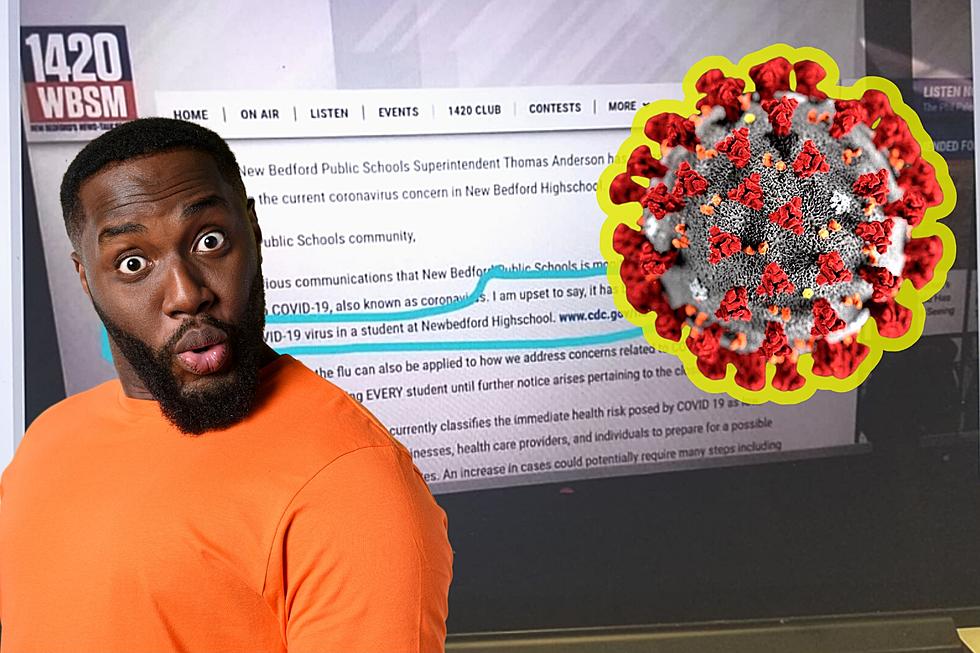
![New Bedford Community Health Center CEO Gives COVID Update [TOWNSQUARE SUNDAY]](http://townsquare.media/site/518/files/2020/03/outbreak-coronavirus-world-1024x506px.jpg?w=980&q=75)
![How New Bedford Should Handle the Rise in COVID Cases [TOWNSQUARE SUNDAY]](http://townsquare.media/site/518/files/2020/06/GettyImages-1215276619.jpg?w=980&q=75)

